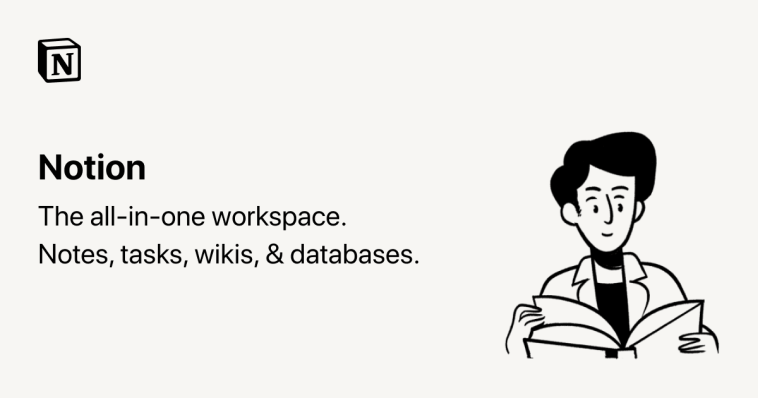Introduction.
Writing a book is no small task, but the right tools can make the process a lot smoother. Notion, a popular productivity app, has become a favourite for writers looking to organize their ideas, chapters, and research all in one place. It’s flexible, easy to use, and lets you customize your workspace however you like.
If you’re thinking about writing a book in Notion but aren’t sure where to start, this guide will walk you through everything you need to know.
From setting up your workspace to managing drafts and tracking your progress, I’ll show you how Notion can make writing less overwhelming and more enjoyable.
Why Use Notion to Write a Book?
Notion is more than just a note-taking app. It’s an all-in-one workspace where you can plan, write, and organize everything related to your book. Here’s why it’s a great choice:
- Everything in One Place: Notion lets you keep your chapters, outlines, character notes, research, and writing schedule in one app. No more bouncing between Word docs, sticky notes, and spreadsheets.
- Customizable Workspace: You can design your workspace to match your writing process. Use tables, lists, or Kanban boards to organize your project however you like.
- Collaboration Friendly: If you’re co-authoring or working with an editor, Notion makes it easy to share your workspace and get feedback in real time.
- Keeps You Organized: It’s easy to track your progress, set goals, and stay on top of deadlines with Notion’s built-in tools like calendars and to-do lists.
How Do I Set Up Notion for Writing a Book?
1. Start with a Writing Dashboard
Create a new page in Notion and name it something like “Book Project.” Think of this as your home base. From here, you can link to other pages for your outline, chapters, character profiles, and more.
Here’s a basic structure to start with:
- Project Overview: Include your book title, genre, target audience, and a brief summary.
- To-Do List: List tasks like “finish outline” or “write chapter 1.”
- Progress Tracker: Create a table or Kanban board to track your progress chapter by chapter.
2. Write Your Outline
Use a Notion page to map out your book’s structure. You can create a simple list of chapters or use a table to include extra details like chapter summaries or word count goals.
For example:
| Chapter | Summary | Word Count Goal |
|---|---|---|
| 1 | Introduction | 2,000 |
| 2 | Backstory | 3,500 |
3. Organize Your Research
Notion is perfect for organizing research. Create a separate page for your notes, links, and references. You can even embed PDFs or YouTube videos directly into your workspace for easy access.
4. Create a Page for Each Chapter
Break your book into smaller pieces by creating a page for each chapter. This keeps your work organized and makes it easier to focus on one section at a time.
5. Set Writing Goals
Notion’s calendar or habit tracker can help you stay consistent. Set daily or weekly word count goals and mark your progress.
Tips for Writing in Notion
- Use Templates: Notion has tons of free templates that can save you time. Look for ones designed for writers or novelists.
- Keep It Simple: Don’t overcomplicate your workspace. Start with the basics and add more features as you go.
- Back Up Your Work: Notion saves your work automatically, but it’s always a good idea to export your pages as a backup.
FAQs
1. Can I write an entire book in Notion?
Yes, you can! Notion is great for drafting, organizing, and planning. However, for final formatting and publishing, you may need to export your work to a tool like Microsoft Word or Scrivener.
2. Is Notion free?
Notion offers a free plan with all the features you need for writing a book. If you want to collaborate with a team or need more storage, the paid plans start at $8 per month.
3. Can I use Notion offline?
Notion works offline, but you’ll need to connect to the internet to sync changes across devices.
4. How do I export my book from Notion?
You can export your work as a PDF, Markdown file, or HTML. For publishing, most people use the Markdown option to transfer their text to a formatting tool.
Conclusion
Writing a book can feel like climbing a mountain, but tools like Notion make it easier to stay organized and focused.
With everything in one place, you can spend less time searching for notes and more time doing what matters—writing.
Have you tried using Notion for a big project like writing a book? If not, what’s stopping you?





GIPHY App Key not set. Please check settings